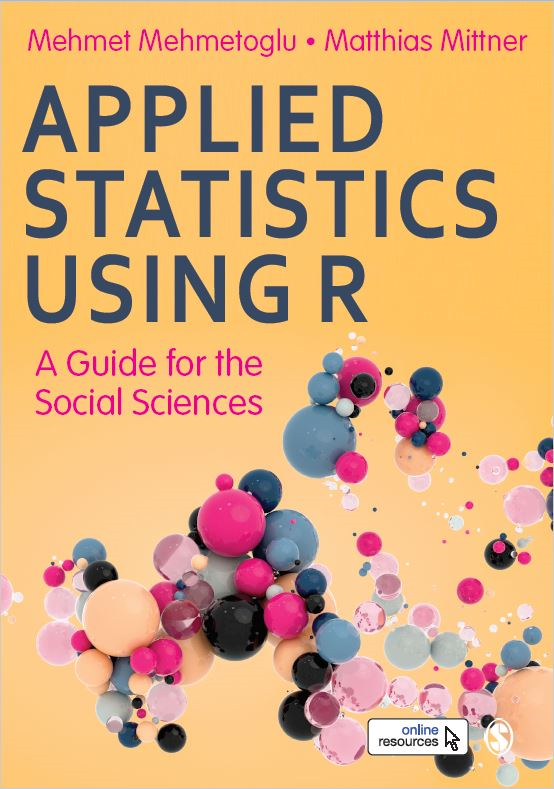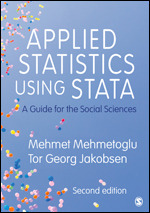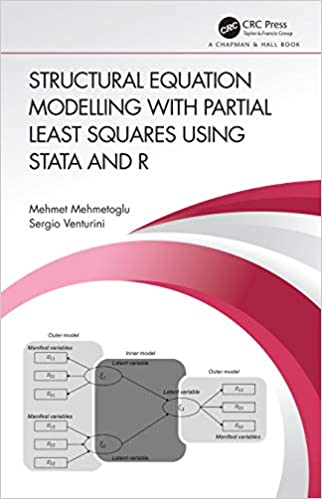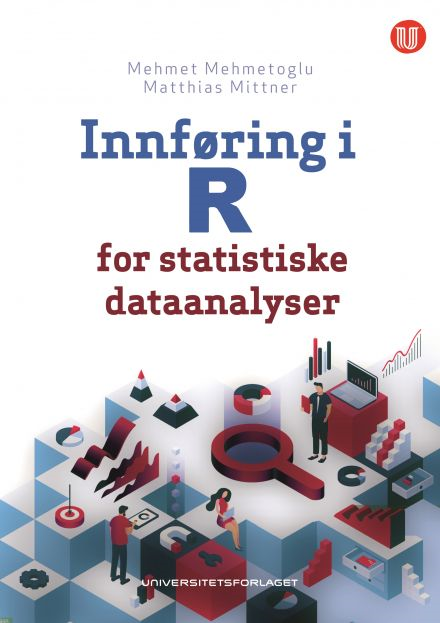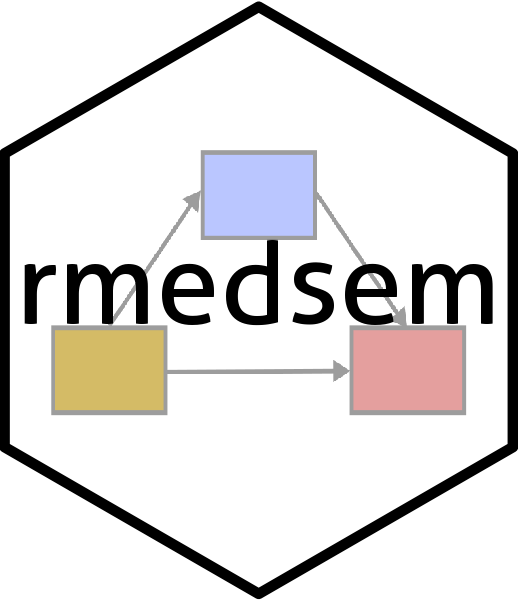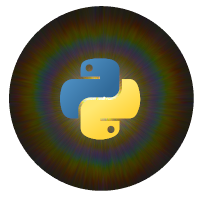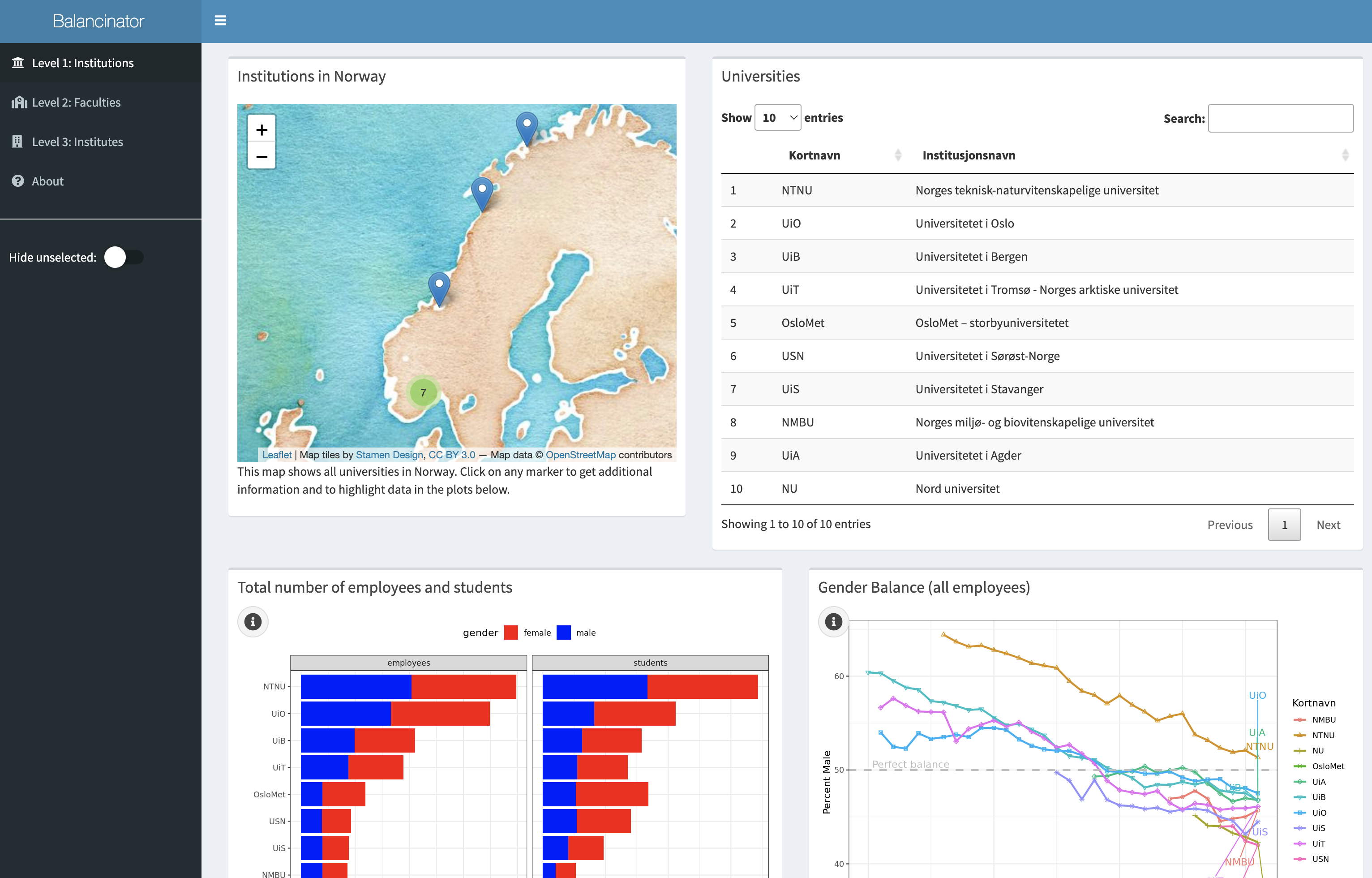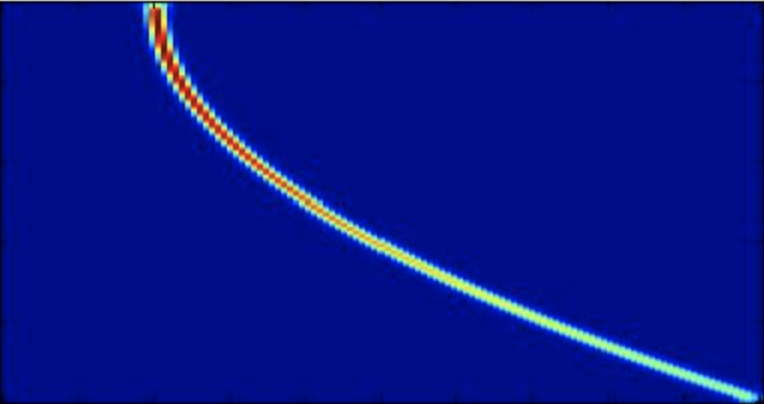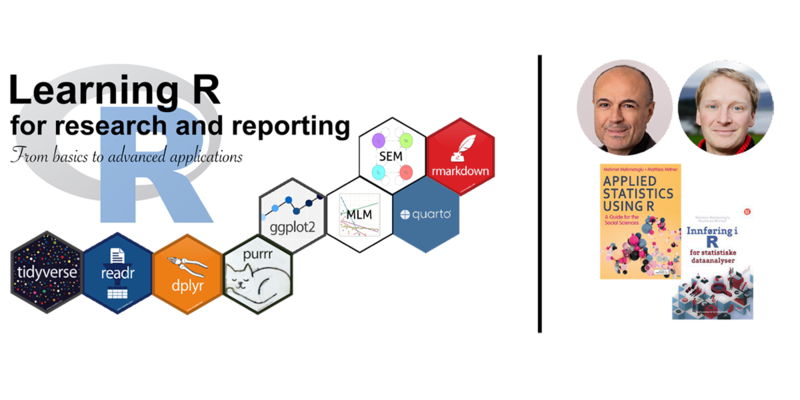Books
During our careers as researchers and academics at various universities and research institutions, we have published several books on statistics and data analysis. Here are some of the books we have written (click on the images to learn more about each book):
For a full list of books we have authored, please visit these sites:
Academic articles
We have also published more than 125 scientific papers in internationally recognized academic journals. In nearly all of these publications, we make use of complex statistical analyses and visualization techniques to increase the knowledge base within different research topics ranging from health-research over neurosience to environmental psychology and tourism research. We have also contributed to the development of these tools as reflected in a number of publications dedicated to method development.
Selected publications on methods development:
- Venturini, S., Mehmetoglu, M., & Latan, H. (2023). Software Packages for Partial Least Squares Structural Equation Modeling: An Updated Review. In Latan, H., Hair, J.F., & Noonan, R. (Ed., pp. 113-152) Partial Least Squares Path Modeling (2nd Ed.). Springer International. link
- Mittner, M. (2020). Pypillometry: A Python Package for Pupillometric Analyses. Journal of Open Source Software. 5:51, pp. 2348 https://doi.org/10.21105/joss.02348
- Venturini, S., & Mehmetoglu, M. (2019). plssem: A Stata Package for Structural Equation Modeling with Partial Least Squares. Journal of Statistical Software, 88(8), 1-35. https://doi.org/10.18637/jss.v088.i08
- Hawkins, G., Mittner, M., Forstmann, B. & Heathcote, A. (2019). Modeling Distracted Performance. Cognitive Psychology. 112, pp. 48–80 https://doi.org/10.1016/j.cogpsych.2019.05.002
- Mehmetoglu, M. (2018). medsem: a Stata package for statistical mediation analysis. Int. J. Computational Economics and Econometrics, 8(1), 63-78. https://dx.doi.org/10.1504/IJCEE.2018.088321
- Hawkins, G., Mittner, M., Forstmann, B. & Heathcote, A. (2017). On the Efficiency of Neurally-Informed Cognitive Models to Identify Latent Cognitive States. Journal of Mathematical Psychology. 76, pp. 142–155 https://doi.org/10.1016/j.jmp.2016.06.007
- Mehmetoglu, M. (2012). Partial Least Squares Approach to Structural Equation Modeling for Tourism Research. Advances in Hospitality and Leisure, 8, 43-61. https://doi.org/10.1108/S1745-3542(2012)0000008007
- Mehmetoglu, M. (2011). Model-based post hoc segmentation (with REBUS-PLS) for capturing heterogeneous consumer behaviour. Journal of Targeting, Measurement and Analysis for Marketing, 19(3/4), 165-172. https://doi.org/10.1057/jt.2011.17
- Ihrke (Mittner), M., Schrobsdorff, H. & Herrmann, J. (2011). Recurrence-Based Estimation of Time-Distortion Functions for ERP Waveform Reconstruction. International Journal of Neural Systems. 21:1, pp. 65–78 https://doi.org/10.1142/S0129065711002651
- Ihrke (Mittner), M. & Behrendt, J. (2011). Automatic Generation of Randomized Trial Sequences for Priming Experiments. Frontiers in Psychology. 2, pp. 225 https://doi.org/10.3389/fpsyg.2011.00225
- Ihrke (Mittner), M., Schrobsdorff, H. & Herrmann, J. (2009). Denoising and Averaging Techniques for Electrophysiological Data. In Velazquez, J. & Wennberg, R. (Eds.), Coordinated Activity in the Brain: Measurements and Relevance to Brain Function and Behavior. Springer New York https://doi.org/10.1007/978-0-387-93797-7_9
- Ihrke (Mittner), M., Schrobsdorff, H. & Herrmann, J. (2008). Compensation for Speed-of-Processing Effects in EEG-Data Analysis. Lecture Notes in Computer Science, Intelligent Data Engineering and Automated Learning – IDEAL 2008, pp. 354–361. https://doi.org/10.1007/978-3-540-88906-9_45
- Mehmetoglu, M. (2004). Quantitative or qualitative? : a content analysis of Nordic research in tourism and hospitality. Scandinavian Journal of Hospitality and Tourism, 4(3), 176-190. https://doi.org/10.1080/15022250410003889
For a full list of publications, please visit these sites:
Statistical software
To facilitate our research and teaching activities, we have developed several software tools that are freely available to the public. These tools include statistical packages for R, Python, and Stata as well as Web-based applications and software-libraries.
Selected software tools we have developed:
rmedsem
R package for mediation analysis in structural equation models.
pypillometry
Pupillometric analyses in Python.
plssem
Stata package to implement Partial least squares structural equation modelling (PLS-SEM), developed in collaboration with Sergio Venturini.
medsem
Stata package for statistical mediation analysis in structural equation models.
Balancinator-HE
The Balancinator|HE is a free and open-source dashboard to visualize distribution of men and women within higher education in Norway.
libeegtools
Python library for EEG data analysis.
For a full list of the software tools we have developed, please visit these sites:
Courses taught
We have taught a variety of courses in statistics, data analysis, and programming at all levels, from beginners to advanced. Below is a selection of courses we have taught in the past:
Learning R for research and reporting: From basics to advanced applications
This introductory course is designed to help you discover the power of R - a comprehensive statistical software package. Course for active researchers and students who want to learn how to use R for statistical analysis and data visualization.
Multivariate Quantitative Research Methods
The course gives a deeper understanding of the commonly used first generation multivariate analysis techniques in psychological research as well as in other fields of the social sciences. Course for PhD students at [NTNU](https://ntnu.edu).
Quantitative Research Methods
The aim of the course is to provide an introduction to basic concepts in statistics and the theoretical foundations for basic statistics that are relevant across most branches of the health sciences. Course for PhD students at the Faculty of Health Research at [UiT](https://en.uit.no).
For a full list of courses we have taught, please visit these sites:
